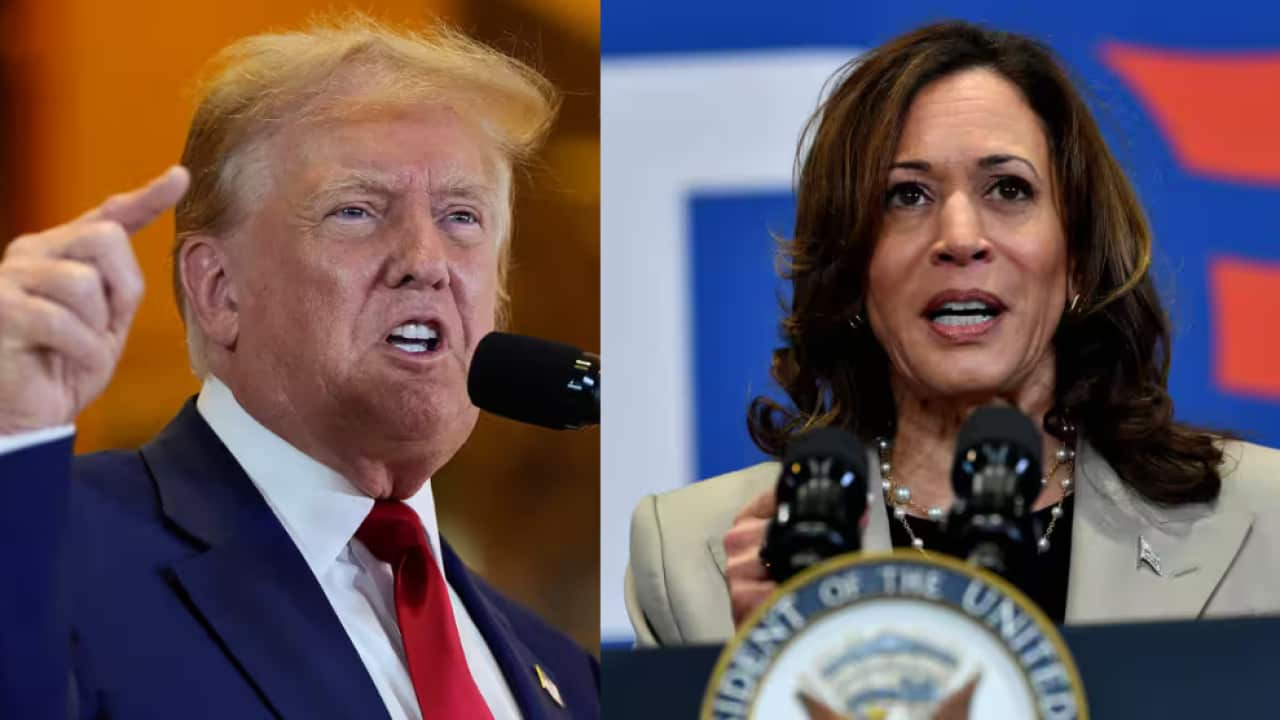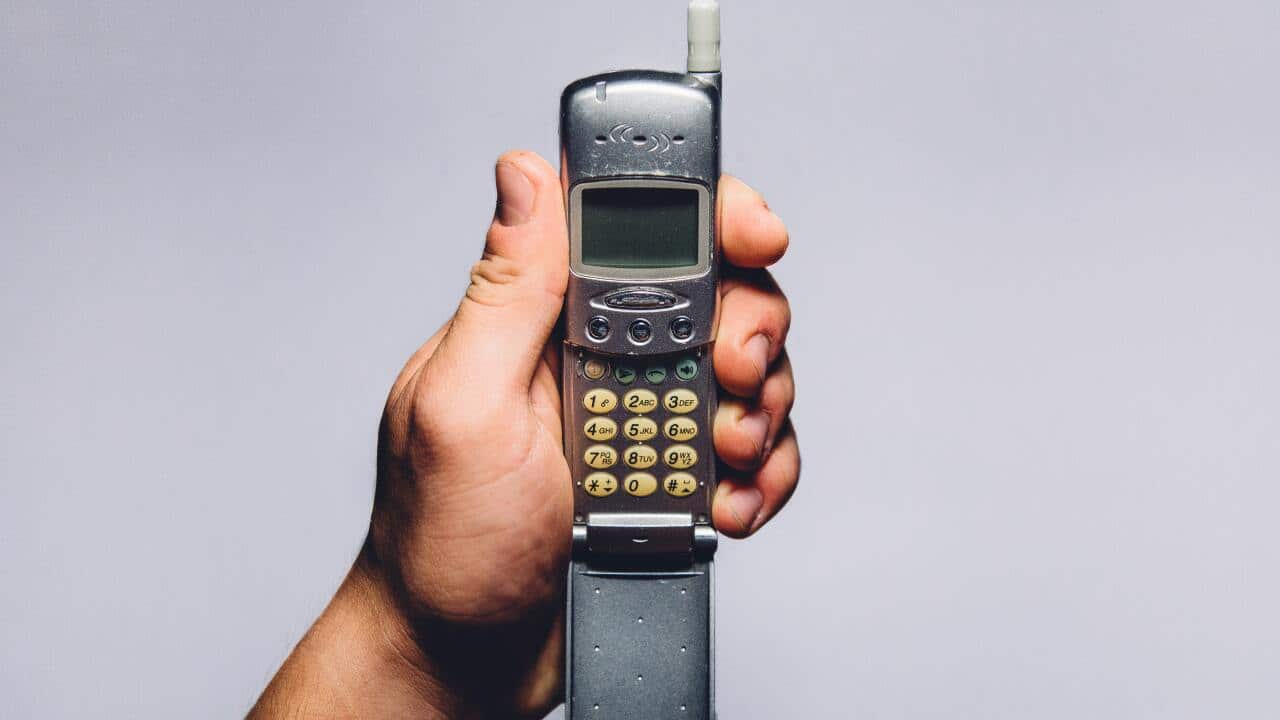After months of speculation, Donald Trump has refused to certify Iran's fulfilment of an agreement over its nuclear program.
Under US law, the president must certify every 90 days to Congress that Iran is complying with the deal, which Mr Trump had reluctantly done twice.
But repeating accusations of Iran "not living up to the spirit" of the agreement, Mr Trump has outlined a more confrontational approach to over the country's nuclear and ballistic missile programs, as well as its support for various extremist groups.
He also suggested it was working in league with North Korea on its weapons programs, and authorised a further crackdown on Iran's main military force, the Islamic Revolutionary Guard Corps.
However he stopped short of announcing the end of the deal, leaving its future in the hands of Congress.
The landmark accord, signed in 2015 by China, France, Russia, Britain, Germany and the European Union, came after more than a decade of negotiations.
In exchange, harsh economic sanctions which had crippled Tehran's economy were eased.
The US Congress deciding to reimpose the sanctions would effectively violate the deal, likely leading to its collapse.
If lawmakers do nothing, the deal remains in place.
The International Atomic Energy Agency has reiterated that Iran is complying with the accord.
The backlash has been swift, with European Union foreign policy chief Federica Mogherini denying the US president even has the authority to decertify the deal.
Reactions weren't all negative, with Israel, Saudi Arabia, the United Arab Emirates and Bahrain welcoming the announcement.
These countries have long expressed concern over Iran's expansionary moves in the Middle East.
Israel's Prime Minister Benjamin Netanyahu congratulated the US leader on his "courageous decision", encouraged other nations to follow suit.




